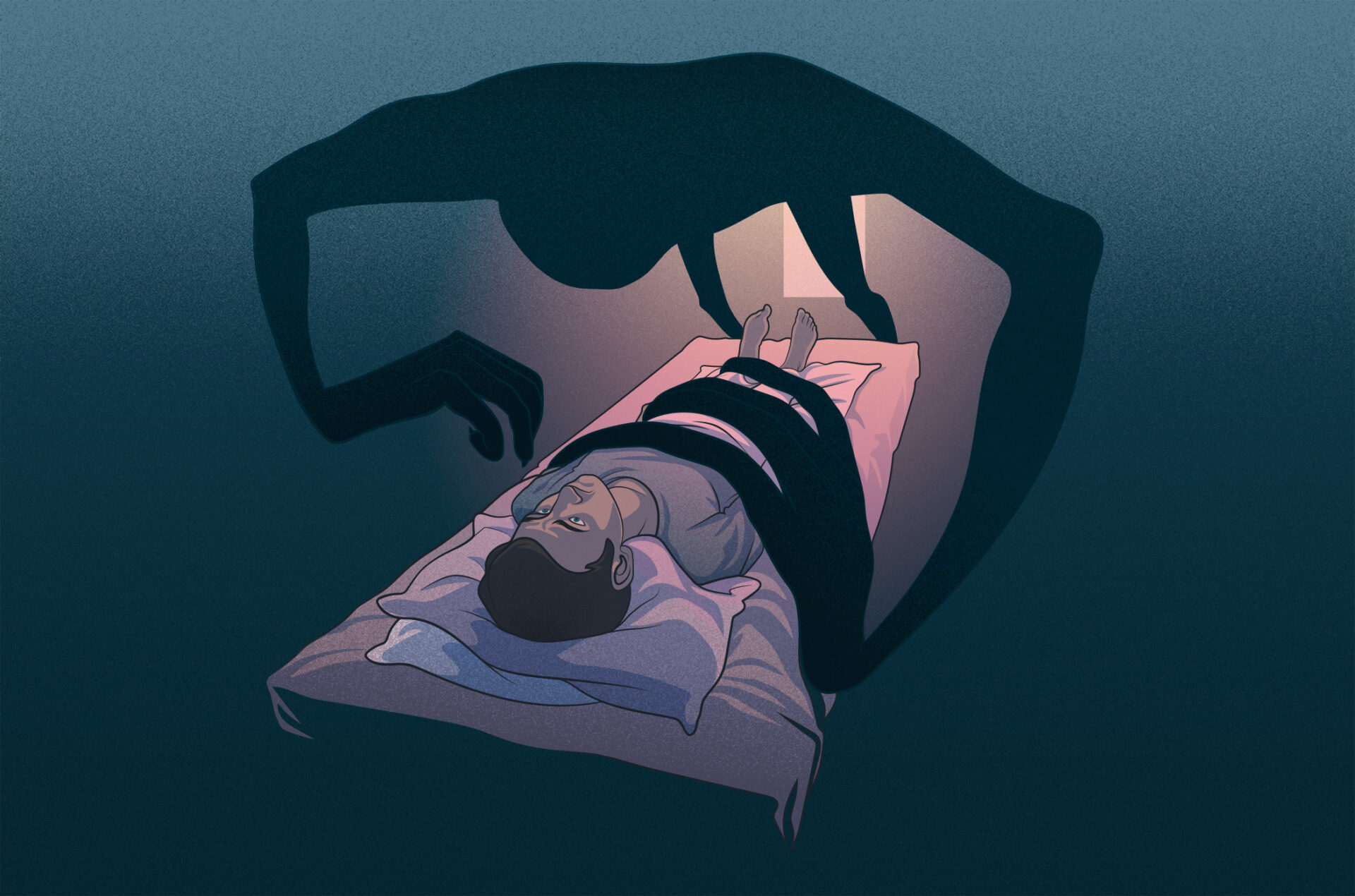Have you ever woke up from a dream or sleep but couldn’t move a muscle? Difficulty to breathe, panic and anxiety are sure to kick in, well, you might be experiencing an episode of sleep paralysis. Where you are stuck between two states; Rapid Eye Movement (REM) stage of sleep and wakefulness. Heaviness in breathing and fear are experienced during an episode. In most cases, this occurs when you are sleeping on your back. Myths and superstition have linked sleep paralysis to demons, spirits, and alien abduction. Bizarre, right?
An episode can last between 20 seconds to a few minutes. Medical researchers state that about 10 percent of the global population has experienced an episode of sleep paralysis. “Sleep paralysis is a condition identified by a brief loss of muscle control, known as atonia that happens just after falling asleep or waking up. In addition to atonia, people often have hallucinations during episodes of sleep paralysis,” Eric Suni, Sleep Foundation.
The condition has been linked to other medical conditions which are Insomnia, shift work, narcolepsy, PTSD, anxiety, stress, and panic disorder. Dr. Mikhail Varshavski gives tips to reduce the occurrence of such episodes, “Get 7 -9 hours of sleep, have a regular bedtime schedule, exercise, avoid caffeine and alcohol before sleeping, and don’t sleep on your back.”



